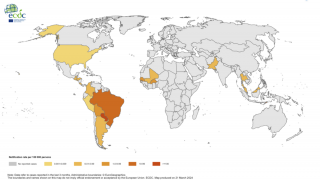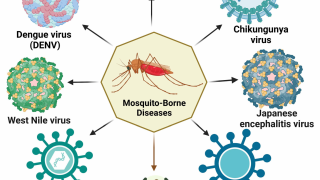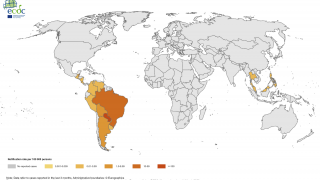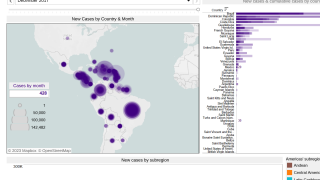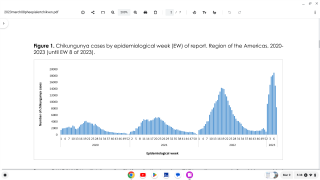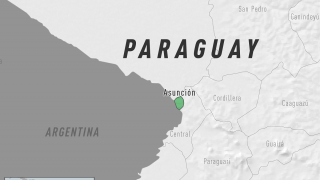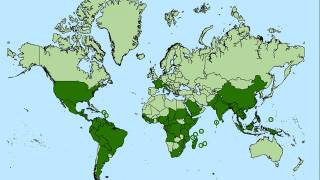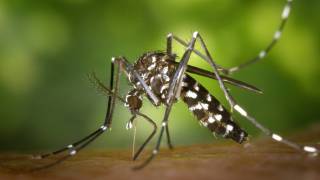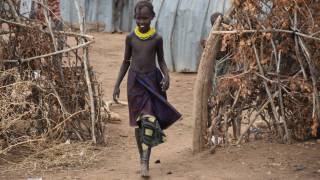$23.4 Million For Chikungunya Vaccine Development
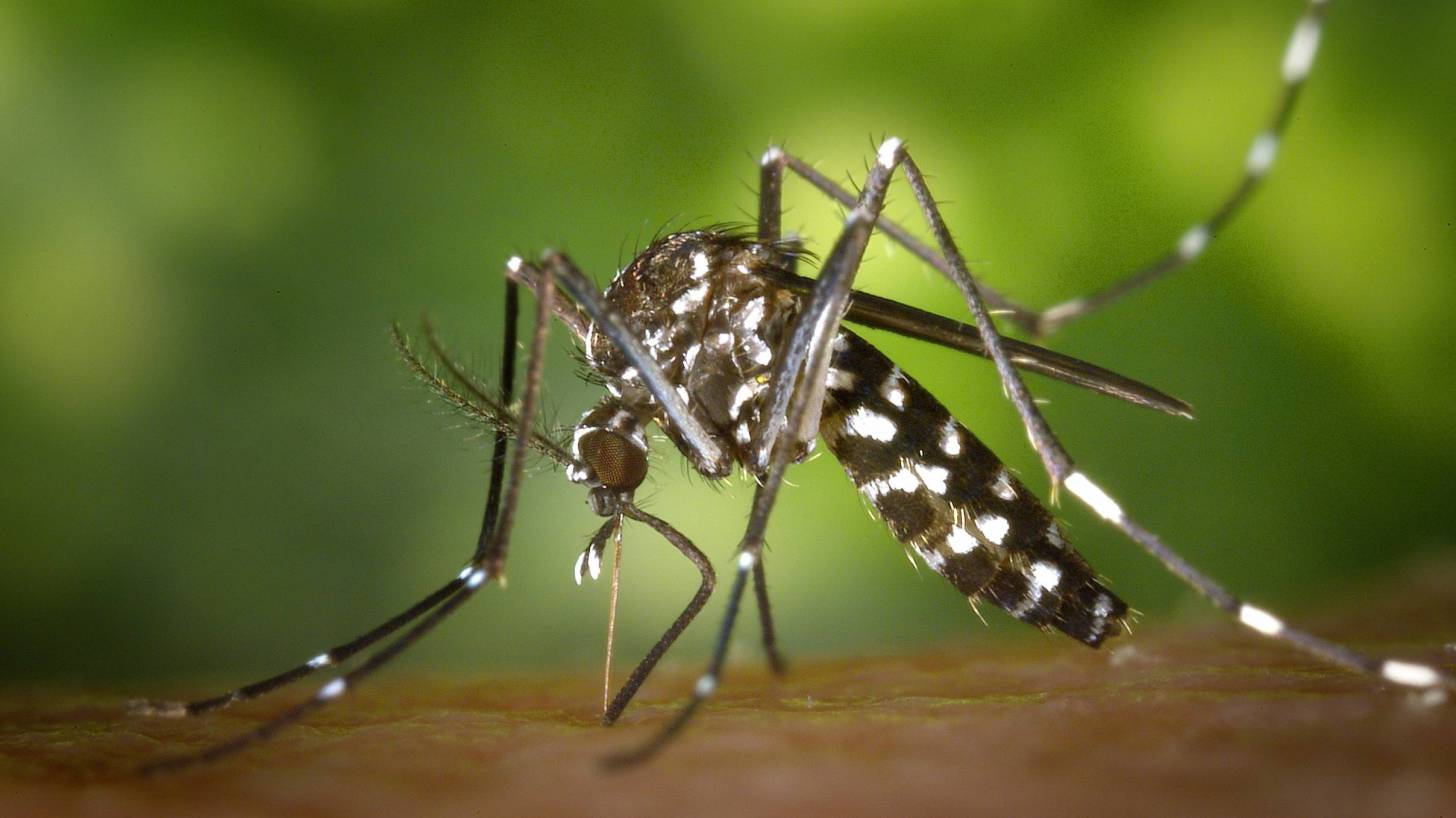
Valneva SE, a biotechnology company based in Norway and France, and the Coalition for Epidemic Preparedness Innovations (CEPI) announced a new partnering agreement to provide up to $23.4 million dollars for vaccine manufacturing and late-stage clinical development of VLA1553, which is a single-dose, live-attenuated Chikungunya virus vaccine.
This is good news since there is no preventive vaccine or medicine to treat chikungunya symptoms approved today.
This new funding announced on July 25, 2019, is intended to accelerate regulatory approvals of Valneva SE’s VLA1553 Chikungunya preventive vaccine and to facilitate broader vaccine access for at-risk populations in lower and middle-income countries, where virus outbreaks occur.
The VLA1553 vaccine candidate is based on an infectious clone (CHIKV LR2006-OPY1) attenuated by deleting a major part of the gene encoding the non-structural replicate complex protein nsP3, aiming for protection against various Chikungunya virus outbreak phylogroups and strains.
On May 22, 2019, results from a Phase 1 clinical trial for VLA1553 were announced. According to this Valneva press release, the VLA1553 vaccine candidate showed an excellent immunogenicity profile in all vaccinated dose groups after a single vaccination, with a 100 percent seroconversion achieved at Day 14 in all dose groups and fully sustained at month number six.
The Chikungunya virus was first identified in Tanzania in 1952, with sporadic outbreaks of the disease reported subsequently across Africa and Asia.
In 2004, the disease began to spread quickly, causing large-scale outbreaks around the world. Since the re-emergence of the Chikungunya virus, the total number of cases has been estimated at over 3.4 million in 43 countries.
As of June 15, 2019, a total of 31 chikungunya virus disease cases with illness onset in 2019 have been reported to ArboNET, from 16 U.S. states. All reported cases occurred in travelers returning from affected areas.
No locally-transmitted cases have been reported from U.S. states, but 2 locally acquired cases have been reported from Puerto Rico, says the Centers for Disease Control and Prevention (CDC).
As such, the World Health Organization (WHO) has highlighted Chikungunya as a major public health risk.
Recent Chikungunya virus news
- Chikungunya Vaccine Candidate Delivers Positive News
- Maldives Islands Report Chikungunya and Dengue Outbreaks
- 6,149 Chikungunya Virus Cases Reported in The Congo During 2019
- "Molecular Clock" Indicates Chikungunya Arrived in Brazil during 2012
The Chikungunya virus is spread by the bites of infected female Aedes mosquitoes and causes fever, severe joint pain, muscle pain, headache, nausea, fatigue, and rash. Joint pain is often debilitating and can persist for weeks to years, says the CDC.
The Chikungunya virus causes clinical illness in 72-92 percent of infected humans around 4 to 7 days after an infected mosquito bite. Complications resulting from the disease include visual, neurological, heart and gastrointestinal manifestations; fatalities have been reported in elderly patients who are at higher risk.
Valneva SE is a biotech company developing and commercializing vaccines for infectious diseases with major unmet needs. Valneva is committed to advancing its chikungunya vaccine candidate as quickly as possible and expects to achieve licensure in 2019.
CEPI is an innovative partnership between public, private, philanthropic, and civil organizations launched in Davos in 2017 to develop vaccines to stop future epidemics.
Our Trust Standards: Medical Advisory Committee

